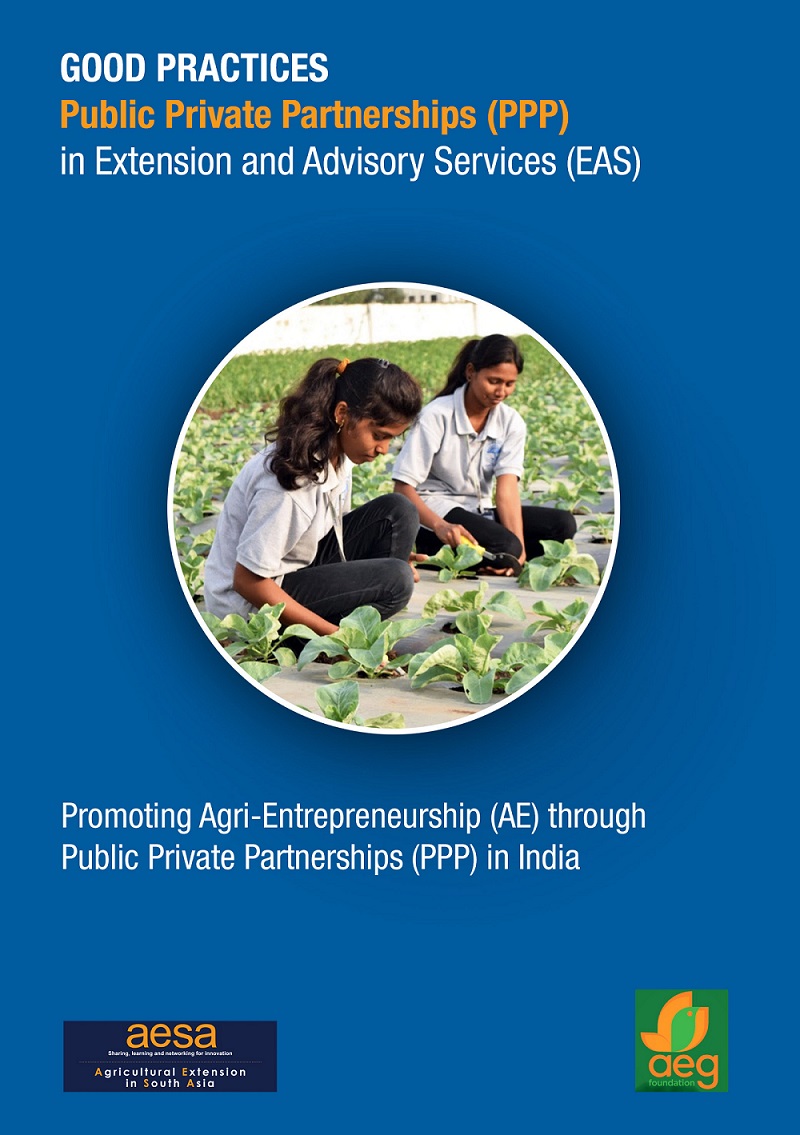Furthermore, experiences from within the GFRAS network were discussed to highlight best practices and issues and promote cross-region learning.
- Joe Slaats GFRAS
- Simon Winter (Syngenta Foundation)
- Rouf Abdur Bangladesh - Delivering plant health advice through Farmers' Hubs. Example of partnership between Syngenta and CABI
- Atthawit Watcharapongchai (GIZ) Public Private Partnership in the Sustainable Rice Initiative (SARA) Thailand - Value Chain in Sustainable Rice
This is not only true in Bangladesh. Building on the success there, the Syngenta Foundation team in Senegal launched its own Farmers’ Hubs at the end of 2017. In the last 3 years, Syngenta Foundation is also conducting a pilot phase for the Farmers' Hub model in Indonesia, Kenya, Mali, and Nigeria. In March 2018, Syngenta Foundation has also added a digital platform, the efarmers hub to support the offer of the program. Besides this, this model is scaling up in different countries in Franchise or Network Manager concepts.
Registered SRP Projects are SRP member-led projects on the ground that use SRP tools to incentivize
and document rice farmers’ shift to sustainable farming practices. Currently, Registered SRP Projects are implemented at varying scales in Asia, Africa, Europe and the Americas, reaching nearly 500,000 rice farmers. Projects report results to the SRP Secretariat annually to aggregate global reach and impacts.
Background Thailand
The Sustainable Rice Platform e.V. (SRP) is a global multi-stakeholder alliance established in 2011. Originally co‐convened by the International Rice Research Institute (IRRI), UNEP and GIZ, SRP is now an independent membership association. Together with its over 100 institutional members from public and private sector stakeholders, research, financial institutions, and NGOs, SRP aims to transform the global rice sector by:- Improving smallholder livelihoods
- Reducing the social, environmental and climate footprint of rice production
- Offering the global rice market an assured supply of sustainably produced rice to meet the growing global demand for rice.
and document rice farmers’ shift to sustainable farming practices. Currently, Registered SRP Projects are implemented at varying scales in Asia, Africa, Europe and the Americas, reaching nearly 500,000 rice farmers. Projects report results to the SRP Secretariat annually to aggregate global reach and impacts.
The 10th Anniversary Report commemorates SRP’s first decade of advocacy, as well as its continuing progress in helping producers switch to sustainable rice farming practices. Since its establishment in 2011, SRP evolved into a global multi-stakeholder alliance with over 100 institutional members, and over 400,000 farmers participating in 22 active Registered SRP Projects around the globe today.
The report showcases some of our most significant developments, including the launch of our SRP Standard for Sustainable Rice Cultivation, the world’s first sustainability standard in rice, together with SRP Performance Indicators – currently the only recognized working definition and set of metrics for sustainable rice production.
AESA (2020) GOOD PRACTICES: Public Private Partnerships in Extension and Advisory Services Agricultural Extension South Asia (AESA) Network, # 32 p.
The report showcases some of our most significant developments, including the launch of our SRP Standard for Sustainable Rice Cultivation, the world’s first sustainability standard in rice, together with SRP Performance Indicators – currently the only recognized working definition and set of metrics for sustainable rice production.
Provision of advice and other services related to farming at the village level is critical for enhancing the incomes of small and marginal farmers. Creation of an eco-system that can support the emergence of agri-entrepreneurs through delivery of these services at the village level is the only way forward if we are keen to enhance farm incomes. In this Good Practices Note, S Baskar Reddy, Rajendra Jog, Parikrama Chowdhry and Aravind Thumbur reflect on their experiences with developing and scaling up a model of agri-entrepreneurship by forging partnerships with a number of agencies.





No comments:
Post a Comment